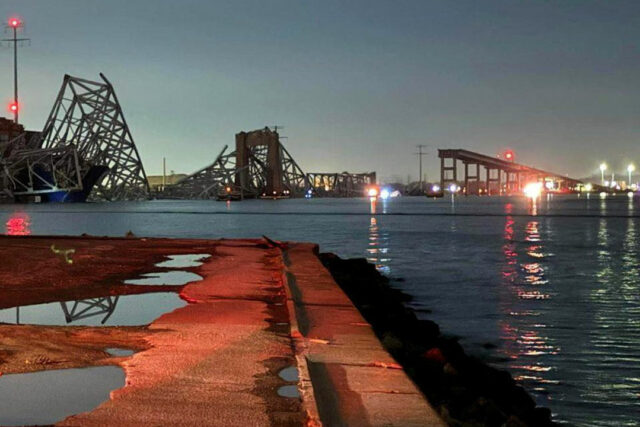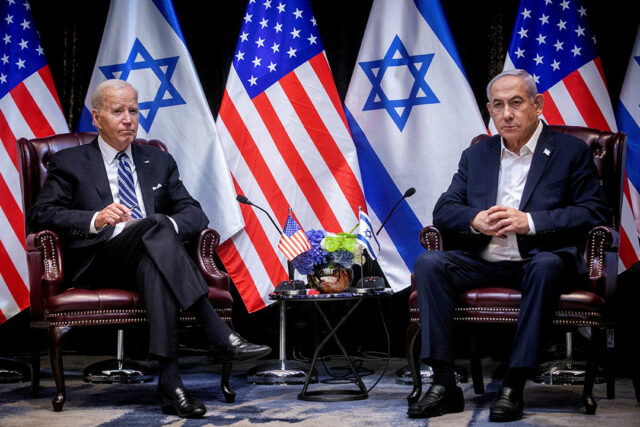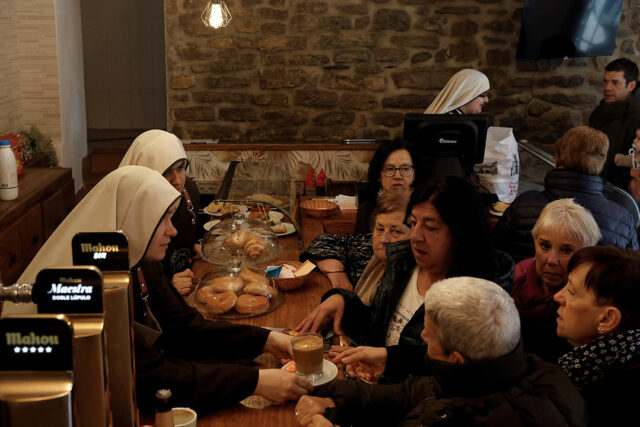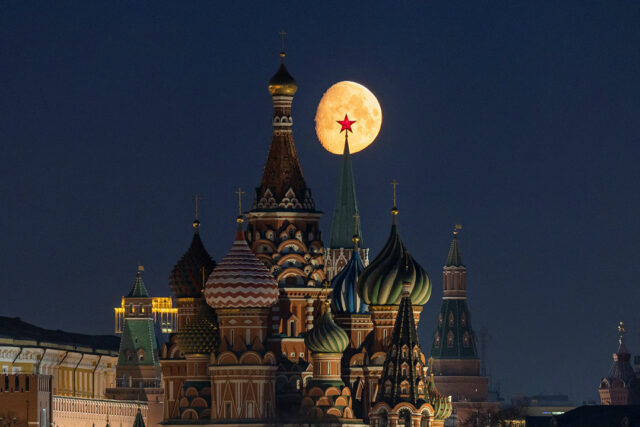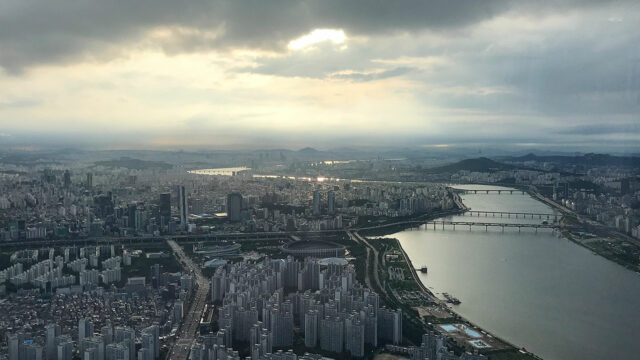LONDON — Russia’s security state has been ruthlessly effective at detaining Vladimir Putin’s opponents but was caught off guard by a mass shooting near Moscow, raising questions about its priorities, resources and intelligence gathering.
Charged with hunting down Ukrainian saboteurs inside Russia, with keeping anti-Kremlin activists in check, and with disrupting the operations of hostile foreign intelligence agencies, the Federal Security Service (FSB), the main successor agency to the Soviet-era KGB, has its hands full.
That, say former US intelligence officials and Western security analysts, helps explain why it may have overlooked other threats, including that posed by Islamist militants, such as ISIS-K, which claimed responsibility for the attack.
“You can’t do everything,” Daniel Hoffman, a former senior Central Intelligence Agency operations officer who served as the agency’s Moscow station chief, told Reuters.
“You dial up the pressure on the locals and sometimes you don’t get the intelligence you need on a potential terrorist attack. That’s where they failed.
“It’s possible they’re overextended dealing with the war in Ukraine and dealing with political opposition. This one slipped through the cracks.”
The FSB has said Friday’s concert hall attack was “painstakingly” planned and that the gunmen had carefully hidden their weapons.
Mr. Putin on Monday said that radical Islamists were the ones who had carried out the attack, but said that Russia still wanted to understand who had ordered it and said there were many questions for Ukraine to answer. Ukraine denies any involvement.
When asked on Monday if the assault represented an intelligence service failure, the Kremlin said that Russia’s standoff with the West meant intelligence-sharing was not happening in the way it used to.
“Unfortunately, our world shows that no city, no country can be completely immune from the threat of terrorism,” Kremlin spokesman Dmitry Peskov said. Russia’s intelligence services worked tirelessly to defend the country, he added.
Still, Friday’s shooting, in which at least 139 people were killed and 180 injured, has undermined one of Mr. Putin’s longstanding pledges to the Russian people: to ensure stability and security.
It has also shaken some residents of the Russian capital who have largely been insulated from the violence of the Ukraine war despite occasional drone strikes.
Mr. Putin, a former KGB officer who won another six years in power earlier this month, has weathered similar crises before and there is no visible threat to his grip on power now.
His response, judging from his previous behavior and a statement on Saturday, will be to meet force with greater force.
Four of 11 men detained in connection with the attack have been charged with terrorism and appeared in court after being interrogated: one apparently with his ear missing and one in a wheelchair amid calls from some lawmakers for the death penalty to be re-introduced. Mr. Peskov declined to answer a journalist’s question about whether they had been tortured.
MISSED WARNINGS?
Whether the men were tasked by Islamic State as the militant group and the West asserts, or whether there may have been some kind of Ukrainian connection as Mr. Putin has hinted — and Kyiv has flatly denied — there were warning signs which do not appear to have been heeded.
Security analysts said the manner in which the attack and escape were carried out was evidence of extensive reconnaissance of the venue beforehand and Russian media published CCTV footage of one of the gunmen visiting at an earlier date.
On March 7, the US embassy in Moscow issued a security alert to Americans, telling them it was “monitoring reports that extremists have imminent plans to target large gatherings in Moscow, to include concerts”.
On March 19, three days before the killing spree, Mr. Putin delivered a speech to FSB chiefs in which he dismissed what he said were “provocative” Western warnings about a terrorist act.
“All these actions resemble outright blackmail and the intention to intimidate and destabilize our society,” said Mr. Putin.
Nina Krushcheva, a professor of international affairs at The New School in New York, said the FSB appeared to have had Islamic State on its radar.
But she said Mr. Putin’s view that Russia was locked in an existential struggle with a US-led West would have made it difficult for Moscow to take at face value a security warning from the United States.
“There’s a lot of mistrust. It’s not like America isn’t involved in misinformation,” she said.
“In Putin’s world, where it is an existential battle between Russia and the West that wants to undermine Russia and demolish it, of course he wouldn’t believe it because how does he know from his own KGB background that America is not creating its own false flag (operation).”
A false flag operation is an act committed with the intent of disguising the source of responsibility to pin blame on another party.
ISLAMIC STATE
John Sipher, who served a stint in Russia during his career in the CIA’s National Clandestine Service, said he believed the FSB may have dropped the ball because it was too busy focusing on political and other threats to Putin and his government.
“The (security services) are more about protecting the Kremlin than they are about protecting the people,” said Mr. Sipher, who predicted that Putin would now use the attack to justify some new action or against the West and Ukraine.
Another warning came on March 2 in southern Russia when FSB special forces killed six gunmen whom they identified as members of Islamic State.
Three of the men were on a federal wanted list and the militants had killed three policemen the previous year. The FSB found a weapons stash.
On March 7, the FSB said it had prevented an attack on a synagogue in Moscow that had been plotted by an Islamic State cell and that the attackers had been killed in a shootout.
Riccardo Valle, a researcher on jihadist movements, said the March 2 incident should have set off warning lights.
“I think the fact the security forces discovered that there is a network of Islamic State in Russia, and a strong one capable of acquiring weapons and putting up strong resistance against special forces – this should have raised the alarm in Moscow security agencies,” Valle said in a phone interview.
“Maybe it did but they were not able to prevent the attack in time,” said Valle, director of research at the Islamabad-based research and news platform The Khorasan Diary.
He said it was also clear from previous statements and attacks by ISIS-K, including on the Russian embassy in Kabul in 2022, that the group had Russia in its sights. — Reuters
